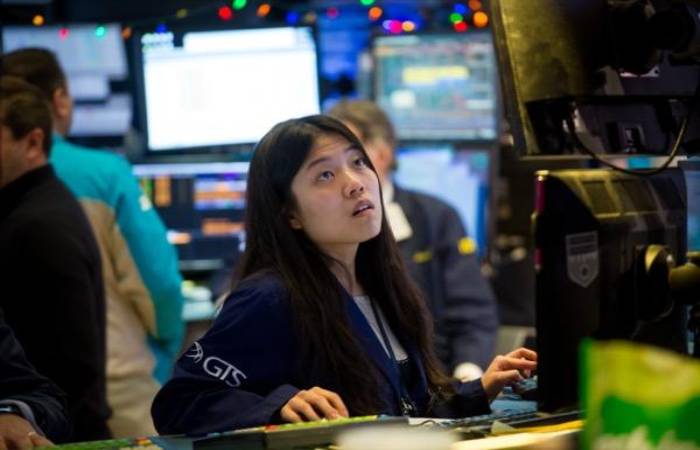Definition of Quantitative
Quantitative trading (also called quant trading) involves using computer algorithms and programs. And is base on extreme and straightforward magically models—it identifies and capitalizes on available trading chances. At the back end, quant trading also includes research work on past it identifies profit opportunities.
And Quant trading widely uses at individual and official levels for high frequency, algorithmic, arbitrage, and automated trading. And traders involved in such quantitative analysis and related trading activities monthly refer to “quants” or “quant traders.”
How Quantitative Trading Evolved?

Previous, markets were physical and floor-based, where traders and market makers interacted, agreed on the security, price, and quantity, and stable the trade on paper. Between other qualifications, the loud, clear voice and an excellent muscular build were careful an asset for trading job candidates because these made them impressive on the trading floor.
Also, as the markets became digital with global reach and expansion, the floors deflated out. And traders who little to offer but a loud voice started to vanish, making way for the computer-savvy techies. And electronic markets showed vast expansion, loads of trading data, new assets, and securities. Also and there came the opportunity for data mining, research, analysis, and automated trading systems.
And in the last two periods, MBAs and Ph.D. holders in finance, computer science, and even neural networks taking traders’ jobs at supposed trading institutions.
What is The Profile of the Quant Trader?
A quant trader can work for a small-, mid- or large-size trading firm for a handsome salary with high bonus payouts. And based on the generated trading profits. And employers include the trading desks of global investment banks, hedge funds, and arbitrage trading firms, in addition to small-sized local trading firms.

Today, getting the trader’s job at established firms requires a specialized master’s degree in the quantitative stream (MBA, Ph.D., CFA) unless a seasoned trader has proven work experience. Other less skilled younger quants can start at small-sized firms. And start as junior analysts and work their way up over the long period, although it’s a ferociously competitive field.
In addition to taking the background in finance, mathematics, and computer programming, quants should take the following skills and experience:
The expertise with computer usage.
And hands-on knowledge of one and extra programming languages which is managed by Knowledge management system for your organization.
Familiarity with building and customizing trading systems and automation possibilities.
Also, familiarity with data feeds and usage.
Data mining, research, and analytical abilities.
Risk-taking abilities and trader’s temperament.
An innovative mindset to continuously discover new strategies and opportunities.
Also Read: What is Flow? – Benefits, Characteristics, and More

